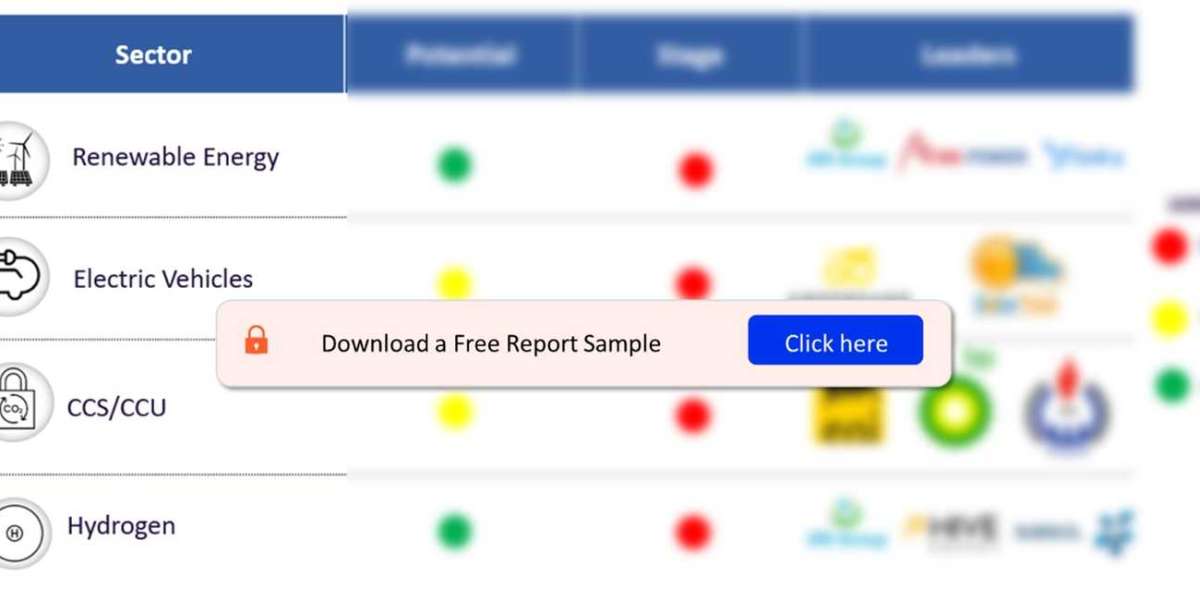Africa’s energy transition is a pivotal element in the global push towards sustainability. With abundant natural resources, a rapidly growing population, and increasing energy demand, the continent holds immense potential to lead the world in renewable energy adoption. This article explores the current landscape, opportunities, and challenges within the Africa energy transition market.
The Current Energy Landscape in Africa
Energy Access and Demand
Africa is home to over 1.4 billion people, yet nearly 600 million individuals lack access to electricity. The energy demand is projected to grow significantly due to population growth, urbanization, and economic development. Addressing this gap is crucial for the continent’s socio-economic progress.
Renewable Energy Resources
Africa is endowed with vast renewable energy resources, including solar, wind, hydro, and geothermal energy. For instance:
Solar Energy: With some of the highest solar radiation levels globally, Africa’s potential for solar energy is unparalleled.
Wind Energy: Coastal and highland areas offer excellent wind energy generation prospects.
Hydropower: Major rivers like the Congo and Nile provide significant opportunities for hydropower projects.
Geothermal Energy: East Africa’s Rift Valley is a hotspot for geothermal energy development.
Key Drivers of Africa’s Energy Transition
Climate Change Commitments
African nations are increasingly aligning with global climate change agreements, such as the Paris Agreement, to reduce greenhouse gas emissions. Renewable energy projects are central to achieving these targets.
Economic Diversification
Transitioning to renewable energy sources reduces dependence on fossil fuels, fostering economic diversification and resilience. Additionally, renewable energy projects create jobs and attract foreign investment.
Technological Advancements
The declining costs of renewable energy technologies and innovations in battery storage and smart grids make renewable energy more accessible and viable across Africa.
Challenges in Africa’s Energy Transition
Financing Constraints
One of the significant barriers is the lack of adequate financing for large-scale renewable energy projects. International and domestic investments are essential to bridge this gap.
Infrastructure Deficits
Africa’s energy infrastructure requires substantial upgrades and expansions to support renewable energy integration.
Policy and Regulatory Issues
Unclear or inconsistent energy policies and regulations can hinder the progress of renewable energy projects.
Social and Cultural Factors
Community acceptance and awareness play a critical role in the successful implementation of energy transition projects.
Opportunities for Growth and Investment
Regional Cooperation
Initiatives like the African Union’s Agenda 2063 and regional power pools can facilitate cross-border energy projects and integration.
Off-Grid Solutions
Decentralized energy systems, such as mini-grids and solar home systems, offer immediate solutions for remote and underserved areas.
Public-Private Partnerships (PPPs)
Collaborations between governments and private entities can drive large-scale renewable energy projects and infrastructure development.
Capacity Building
Investing in education and training programs will develop a skilled workforce to manage and sustain renewable energy initiatives.
Conclusion
The Africa energy transition market represents a transformative opportunity for the continent to achieve sustainable development and economic growth while contributing to global climate goals. By addressing challenges and leveraging its abundant resources, Africa can emerge as a leader in the global renewable energy landscape.
Buy the Full Report for More Insights into the Africa Energy Transition Market Overview, Download A Free Report Sample














